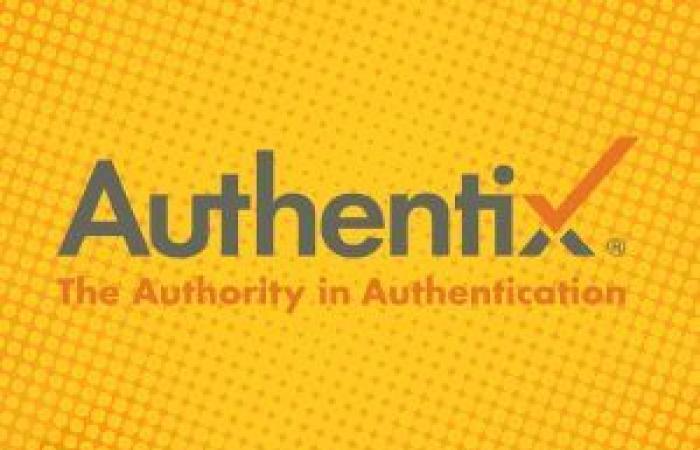After winning a contract in the Congolese province of Katanga, the Texan group, specializing in fuel marking solutions, recently acquired a Canadian technological solution. A respite for Authentix, which is also struggling in several African countries due to results sometimes considered too modest in the fight against hydrocarbon smuggling.
Authentix wants to strengthen its position in Africa. The American group, specializing in authentication and traceability solutions, won a public service delegation contract in the Republic of Congo in March 2022. A new mission for Authentix, which is struggling in other countries, which concerns the marking of petroleum products and, in a second phase, the authentication and traceability of consumer products, such as cigarettes or alcohol.
A strategic acquisition
In parallel with its commercial developments, the group is also continuing its external growth operations and consolidating itself through certain acquisitions relating to its core business. In July, Authentix thus acquired assets from Nanotech Security Corp, a Canadian company offering authentication solutions for banknotes issued by central banks, government fiduciary securities and products of trademark holders.
An acquisition that completes the Authentix range and is intended to expand its portfolio of technologies for both public and private customers worldwide, where fuel marking is less common. On the African continent, Authentix maintains unchanged ambitions in the field of fuel traceability, where the needs are particularly present.
African countries – some of which are themselves oil producers – are, in fact, faced with a massive phenomenon of fraud, theft, trafficking and smuggling of fuels. This is an endemic problem on the continent, which feeds on the structural weakness of certain States while aggravating it, with each litre of stolen or adulterated hydrocarbon generating tax losses and, therefore, a hole in the public finances of the countries concerned. The poverty of the populations and the porosity of certain borders also reinforce this phenomenon.
Authentix struggles to convince in Ghana
Long established in Africa, Authentix has been present in Ghana for over ten years, where its results have been criticized and considered too mixed. Thus, in the country, the Chamber of Petroleum Consumers (COPEC-Ghana) considers that the system is ineffective in curbing illicit trade, according to a recent Ghanaian Source.
According to the executive secretary of COPEC-Ghana, illegal operators held nearly 22% of the national fuel market at that time. Calling on the Ghanaian authorities to strengthen tax revenue control systems, he considered in particular that “the monitoring system does not seem to work at all and (that) illegal trade is still omnipresent” in Ghana.
Similarly, the fuel tracking system implemented in Ghana by Authentix appears to have failed to prevent some well-established companies from under-declaring their petrol sales. According to Ghana’s National Petroleum Authority (NPA), the sum of undeclared fuel by the companies in question in the two months of January and February 2018 alone exceeded 19 million litres, worth GHC 87 million.
Fuel smuggling is (also) ruining Cameroonian finances
Ghana is not the only African country where the group sometimes has difficulty fully curbing fuel trafficking. In Cameroon, another West African country, fuel smuggling is estimated to cost 60 billion CFA francs per year. In this country, as in its neighbors, points of sale for adulterated fuel — or “zoua-zoua”, as the inhabitants call it — are flourishing in all four corners of the country, without the authorities, for the time being, managing to divert their customers to official service stations. In South America, where the group is also present, cases of fuel theft have also been reported in Guyana, where Authentix is also active.
Tax losses from oil smuggling amount to several billion dollars per year on the African continent and put a heavy strain on the budgetary capacities of states. A reality that, according to most experts, remains profoundly multifaceted.
“The porosity of land borders with vast spaces where administration is absent,” according to ENACT Observer, an African think tank, in a study on oil smuggling between Nigeria and Cameroon, which also mentions chronic poor governance and the corruption of certain members of the security forces.
The traceability of hydrocarbons is also, in many cases, lacking, as is the number of personnel trained in these issues or even the investments of States to secure these markets. However, the urgency is there. In 2018, the value of the market was estimated at 133 billion dollars, according to a report from Yale University.
The editorial staff /Le7tv (press release)







